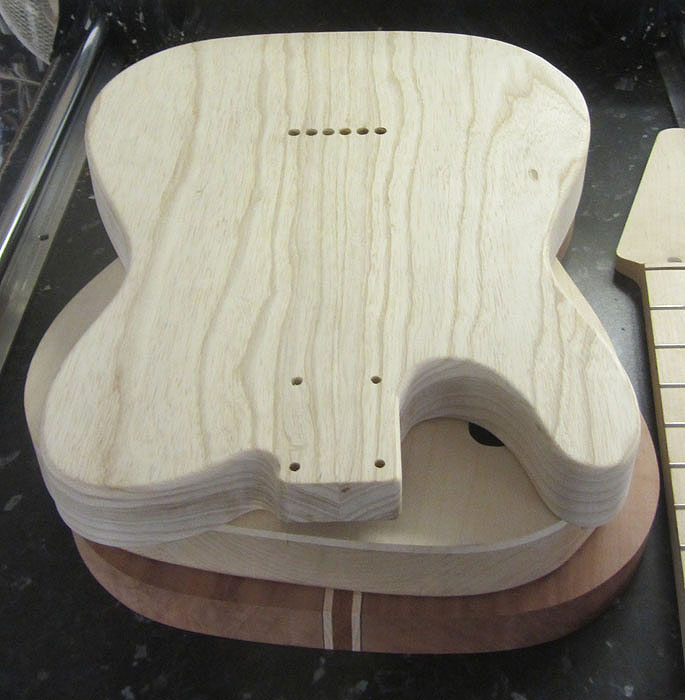Looking for a suitable heat gun for stripping paint from a guitar body.
I think I need something around 2000W but that doesn’t particularly narrow down the price.
For £21.99 I can get a 2000w Titan from screwfix but the reviews seem to be largely 5* or 1*
I’d rather buy something they will last beyond the 2 year warranty but want to keep costs low.
thanks
I think I need something around 2000W but that doesn’t particularly narrow down the price.
For £21.99 I can get a 2000w Titan from screwfix but the reviews seem to be largely 5* or 1*
I’d rather buy something they will last beyond the 2 year warranty but want to keep costs low.
thanks





